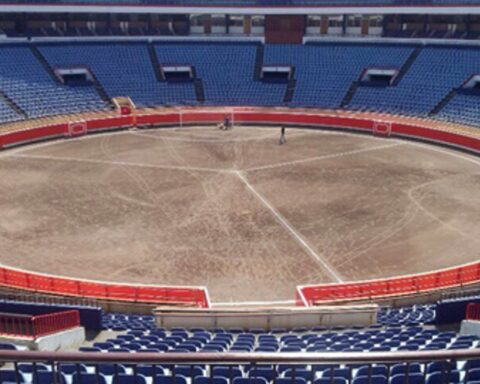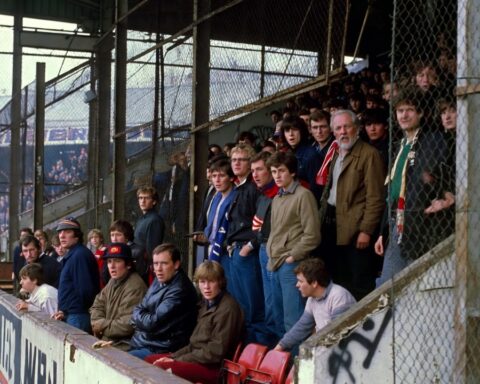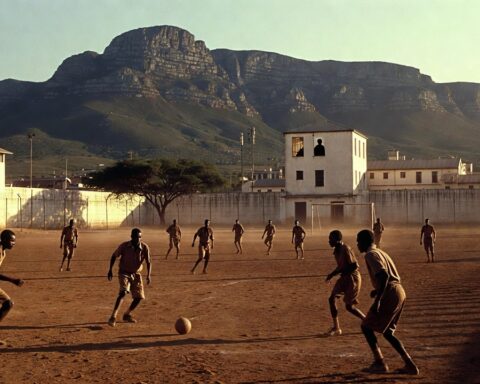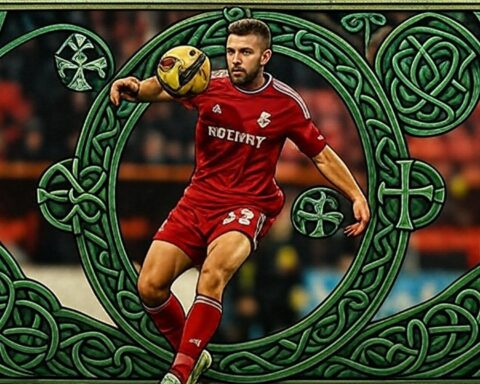To understand Roberto Baggio, you have to understand pain. Not the mild discomfort of a stubbed toe or a lost bet, but deep, existential pain—the kind that etches itself into the soul, that lingers in the joints and muscles long after the body has given up.
You have to understand glory, too, fleeting and cruel, the way it raises a man to the heavens only to hurl him back down with vicious delight.
Baggio knew both, better than most. He lived at the intersection of genius and suffering, a man blessed with divine skill and cursed with a body that betrayed him at every turn.
Origins: The Birth of a Troubadour
He was born in Caldogno, a quiet town in Italy, in February of 1967, a boy with a ball seemingly tethered to his feet by some unseen force.
By 15, he was already a legend in the making, a precocious talent lighting up Vicenza’s youth ranks. In the 1984-85 season, at just 18 years old, he scored 12 goals in 29 games, his raw talent screaming for a bigger stage.
Fiorentina answered the call, plucking him from Vicenza for 1.5 billion lire—a fortune at the time.
But Baggio’s ascension came with a cruel caveat. In his final game for Vicenza, a brutal knee injury nearly ended his career before it had truly begun.
The doctors whispered of a career cut short, of a talent left to rot in the archives of forgotten potential. But Baggio was not built for surrender.
Fiorentina: The Purple Baptism
Fiorentina was where Baggio became a myth. Between 1985 and 1990, he was the jewel of Florence, a city that understands beauty and tragedy better than most.
His knee was a constant source of agony, but his feet never faltered. He danced past defenders as if they were ghosts, scored goals that defied logic. In 1989-90, he delivered 17 goals in 32 Serie A matches, dragging Fiorentina to the UEFA Cup final.
They lost to Juventus, the old enemy, but Baggio had already outgrown the city.
Juventus: The Big Money Move and the Weight of Expectation
In 1990, Juventus pried him away for 8 million pounds, a record fee at the time. Florence rioted.
His house was besieged by furious Fiorentina fans. But Baggio, ever the reluctant messiah, simply played on.
At Juventus, he became a force of nature. He won the Ballon d’Or in 1993, after a season where he scored 30 goals in 43 games, dragging the club to UEFA Cup glory with a performance for the ages.
Over five seasons, he scored 115 goals in 200 appearances, winning a Serie A title in 1994-95.
Yet, despite his brilliance, there was always friction, always politics. Juventus, the ultimate institution, never fully embraced his free-spirited genius.
When Marcello Lippi arrived, Baggio was deemed surplus to requirements. He left in 1995, unceremoniously discarded for Alessandro Del Piero.
The World Cup: Glory and Damnation
The 1994 World Cup was Baggio’s masterpiece, a tale so perfect in its rise and fall that it belongs in a Greek epic.
Italy struggled in the group stage, on the brink of elimination, until Baggio, as if summoned by destiny, took control. In the knockout rounds, he was untouchable.
He scored twice against Nigeria in the Round of 16, once against Spain in the quarters, and twice more against Bulgaria in the semis.
He carried Italy to the final on his back, a lone artist painting his vision onto the tournament.
And then came the penalty.
Against Brazil, in the searing Pasadena heat, the final went to penalties. It should have never come to this, but fate had a cruel sense of humor.
As Baggio stepped up, with the hopes of a nation resting on his battered knees, the world seemed to pause.
Then, a run-up, a strike—and the ball soared over the bar. Brazil celebrated. Italy wept.
And Baggio, the divine poet, stood alone in the center of the pitch, staring into the abyss.
Milan, Bologna, and the Final Chapters
After Juventus, Baggio found himself at AC Milan, winning another Serie A title in 1995-96. But injuries and tactical battles continued to haunt him.
He moved to Bologna in 1997, a supposed step down, but instead, he delivered one of his finest seasons—22 goals in 30 matches, proving that his genius was undiminished.
Inter Milan came calling next, but the club was in turmoil, a revolving door of managers and dysfunction.
Baggio was never truly given the reins. Despite moments of brilliance, including a defining performance against Parma to secure Champions League qualification, his time at Inter was bittersweet.
The Swan Song at Brescia
Brescia, of all places, became his sanctuary. Between 2000 and 2004, he played as if freed from expectation, scoring 45 goals in 95 games.
He mentored Andrea Pirlo, left defenders in his wake, and gave fans four more years of magic. He retired in 2004, his knees finally surrendering, his legend already secure.
The Legacy of a God Among Men
Baggio’s numbers—205 Serie A goals, over 300 in his career, a Ballon d’Or, countless moments of brilliance—only tell part of the story.
He was never about mere statistics. He was about artistry, about moments that linger in the soul.
He played football as if it were poetry, as if it were something sacred.
Today, his image remains iconic. The ponytail. The quiet grace. The shot that sailed over the crossbar in 1994.
The moments of magic that came before and after. Roberto Baggio was not just a footballer.
He was an idea, a dream, a man who touched the heavens but never escaped the weight of the earth.
And perhaps that’s why we love him still.










Follow Me